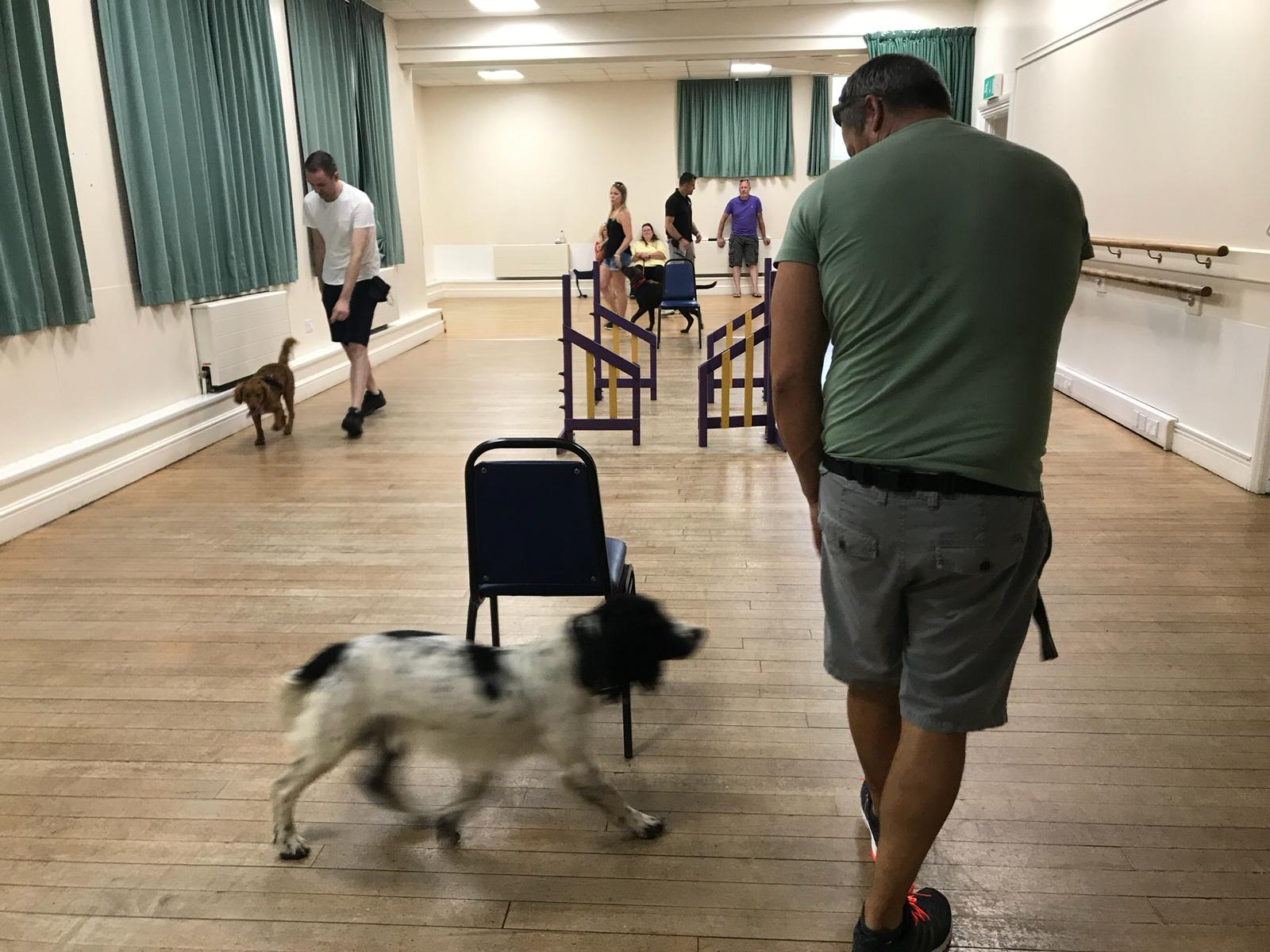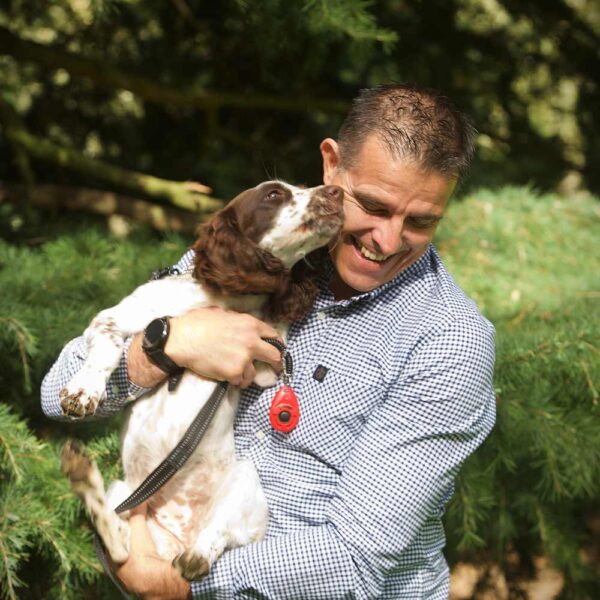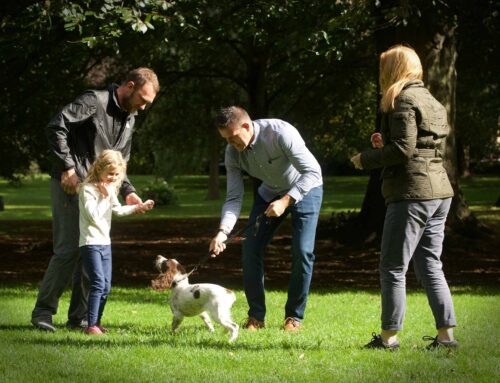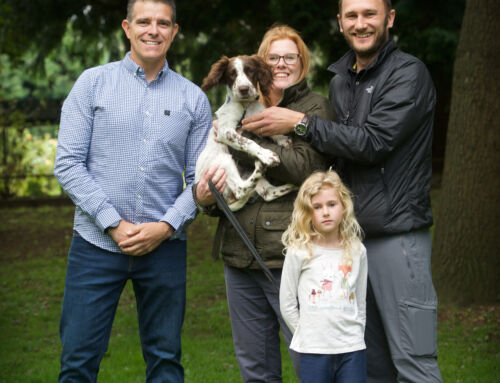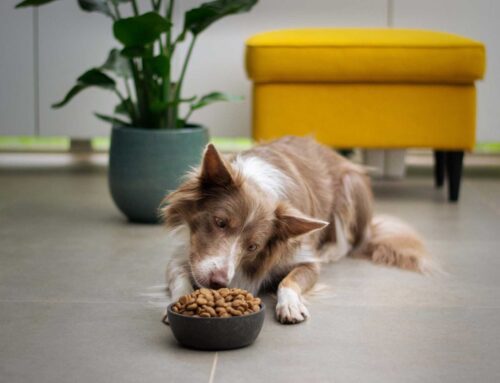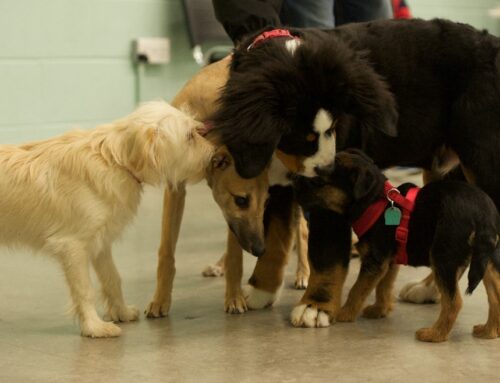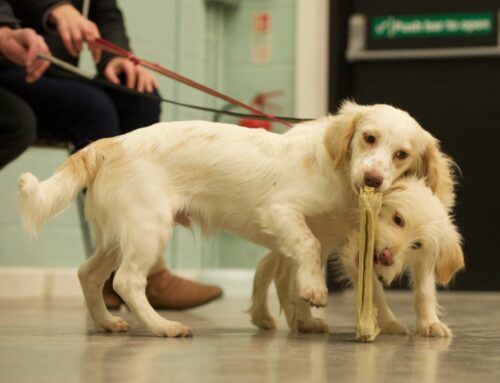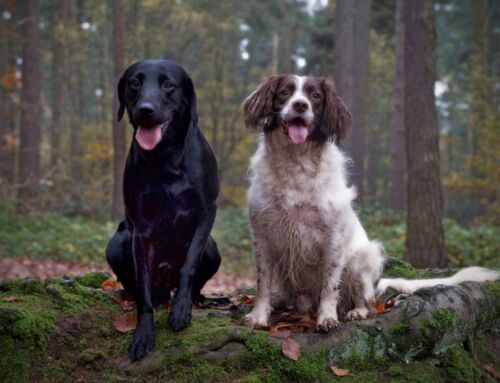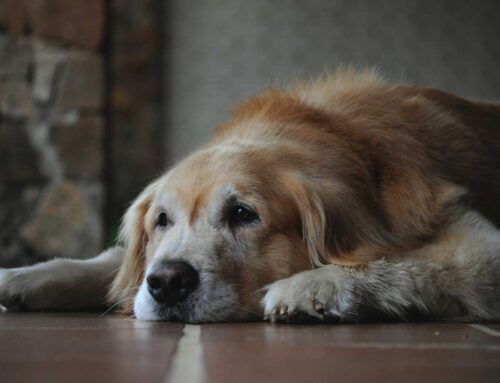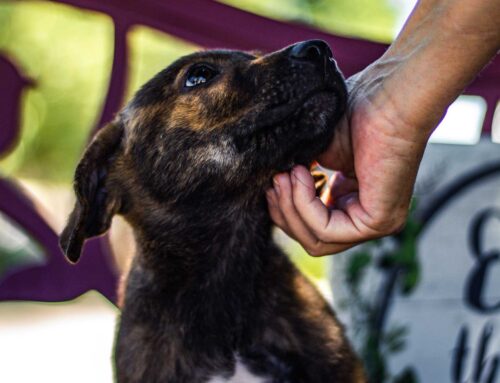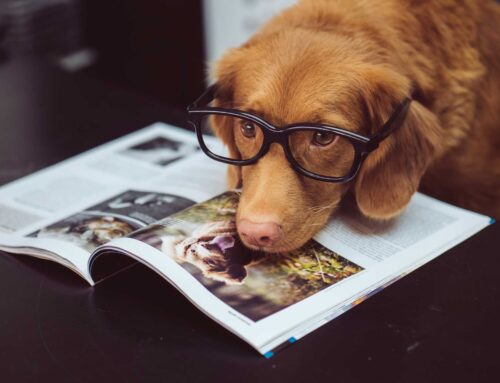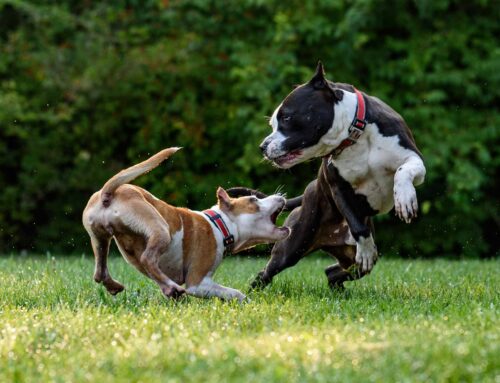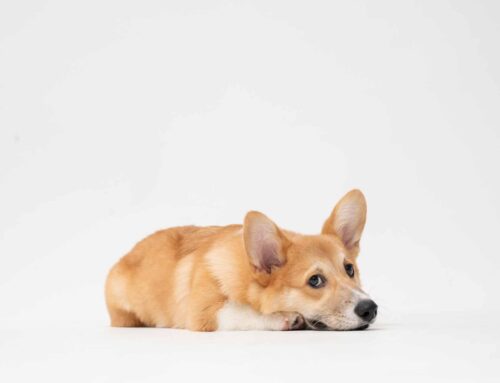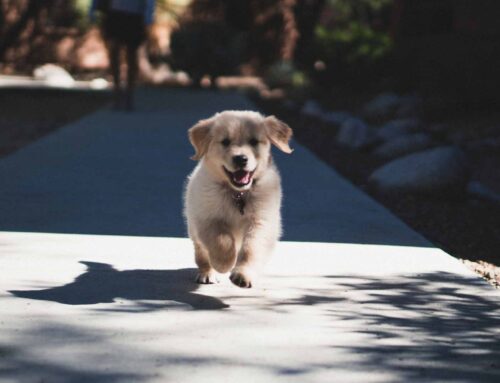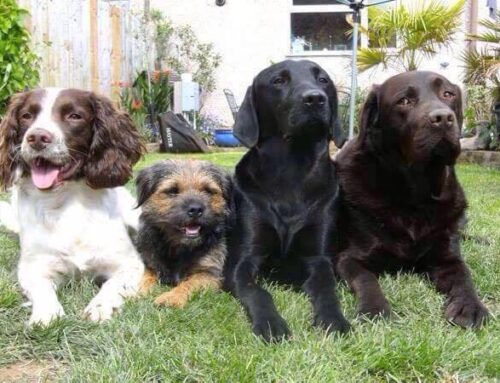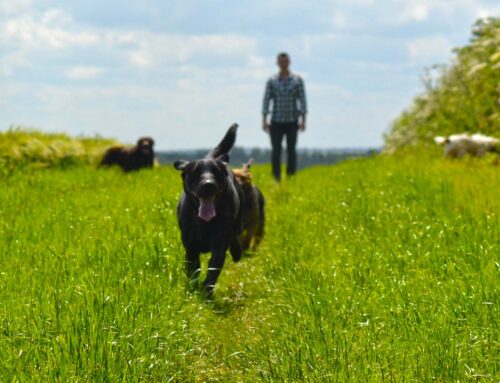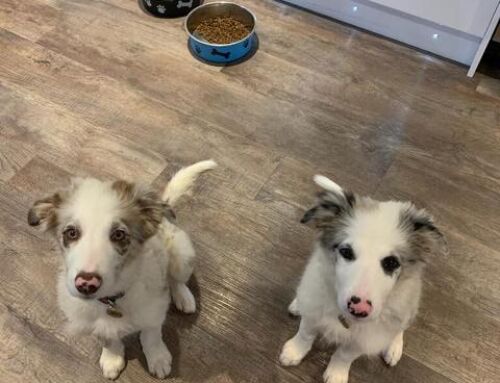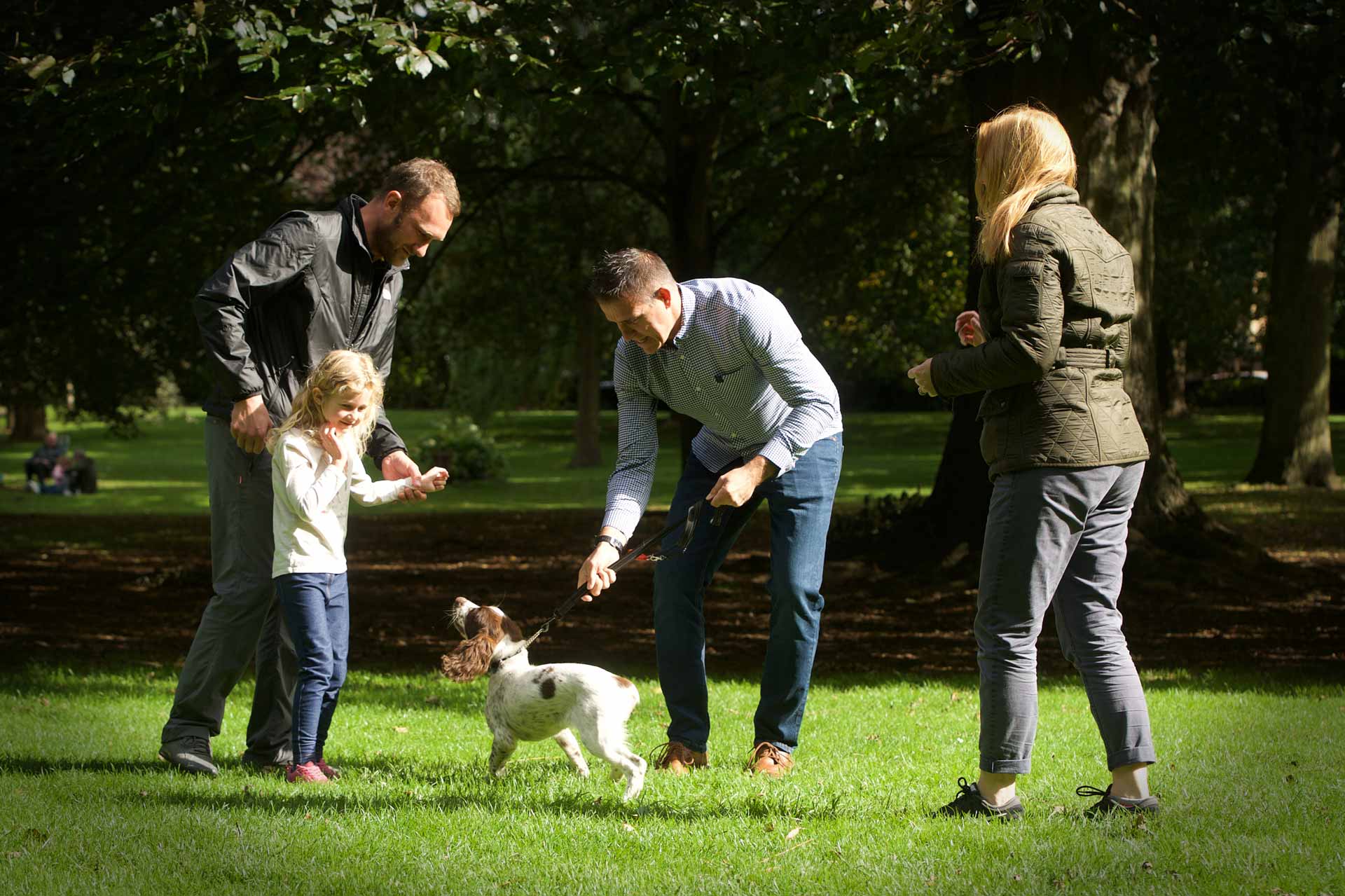Use these top tips for obedience training
Often referred to operant conditioning which is known as dog training. This article focusses on obedience and what actually is it.
Obedience training your dog is to get your dog to obey a verbal command or hand signal even whistle command, to carry out a certain action under certain circumstances, followed by a reward.
Start your obedience training from puppy stage
Obedience training usually starts out at puppy stage and you should never stop training your dog. But instead adjusting your training exercises to the age of your dog and mental compacity.
Even if us as dog owners are not obedience training our dogs, the learning never stops in your dog. In fact the whole approach of to operant conditioning is not see yourself as a teacher, mother or father to your dog, but to see your self as a controller of his or her behaviour limits. Obedience training helps with getting back the behaviour of the dog to a suitable acceptance level,. However this may not always work when it comes to more complex behaviour problems.
How to boost your dogs obedience
Dogs learn faster, when rewarded for the same behaviour. Rewards are known as reinforcers and are dependant what drives your dog to what will achieve the best increase in obedience. The top primary reinforcers when it comes to dog training are food and touch Secondary reinforcer using verbal praise is less likely to boost your dogs understanding in obedience training when used on its own.
Timing is key
Reinforcements must be immediate 3-4 seconds as rule. Rewarding the dog at the end of the wanted action does not work and will result in a rewarding undesired behaviours instead. This is why I prefer to teach using clicker training in my obedience classes, the exception to using this is in my pet gundog classes. The Click marks exactly the desired action, immediately.
Intensity of the reward
Measuring the right intensity to the action is important. The dog should recognise that the action required was right and recognise the reward. However, over the top fussing and lots of praise, a dog will find this too stimulating taking their mind away from control and into a over adrenalized state. This will affect your next obedience exercise making your dog a poor learner in this area affecting progress. This is why its important not to over socialise your puppy before training and taking every opportunity to do during a class, the same goes for training your dog.
Schedule of reinforcement
Consistency is the key here, always take the opportunity to reward your dog using a primary reinforcer even if your dog has the action on cue and is swift in doing so. A dog that is consistent in receiving a reward for its actions is easier to train out of bad habits. What tends to happen is owners start off being consistent, then tend to then start to intermittent reward a dog, this results in behaviours that hard to make extinct in the dogs mind.
Types of reinforcers
Food is a potent reward to your dog, think before just handing it out!
Touch is again a powerful reinforcer, different types of touch have different meanings. When is comes to obedience training your dog, then a gentle pat is good enough.
Sound as in praise is a excellent reinforcer when its used with a primary reinforcer. Soft vocal tone is excellent for training a dog. Clicker training works on sound association and again is an excellent reinforcer.
Play is not the best reinforcer because it over excites the dog.
Chewing is a reward for a dog by having a subduing effect on the dogs arousal, it affects the adreno-pituitary axis. Urinating and defecating might produce similar rewards.
Some tips for obedience training
- Train in a quiet location first without distractions. Allow your dog time to understand what actions you desire to the commands
- Time between training sessions should a few hours. Train for no longer that 10-15minutes at a time. Mental stimulation can tire a dog, more than physical.
- Use your dogs name only to get attention. Stick to single worded commands for training.
- Failing in one area of obedience training. Go back to what your dog knows then return to the new training after a couple of days.
- Now you may want to explore continuing with training in a class
You can start your dogs obedience training by attending any of my classes held in Northamptonshire.
If you want to specialise further with your dogs training then there are other areas you can train towards like.
- Dog agility
- Fly ball
- Showing
My Puppy Classes will provide a good foundation for dog obedience as will my dog walks.
To sum up, to have a well trained dog will take consistency, patience and some trail and error maybe. However the rewards and compliments are huge!

